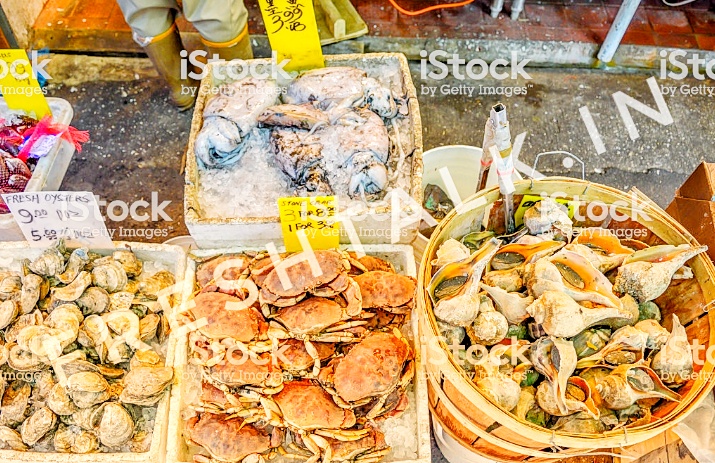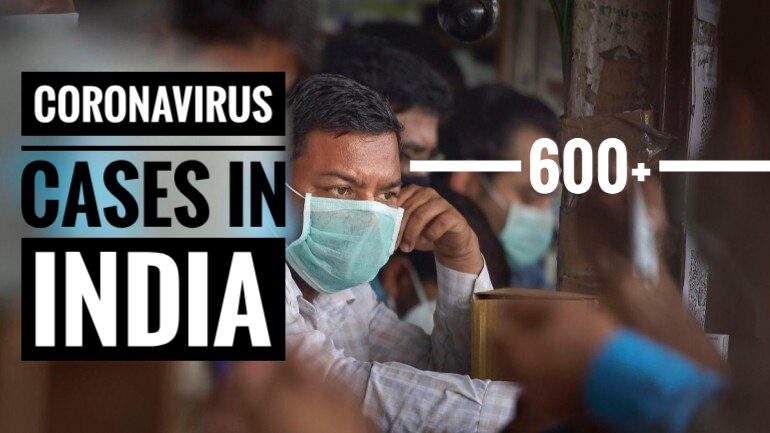A wet market is a market selling fresh meat, fish, cats and dogs, and other perishable goods as distinguished from “dry markets” which sell durable goods such as Fabrice and electronics. Wet markets are common throughout the world.
Wet Markets containing live wild animals and wildlife products have been linked to outbreaks of zoonotic diseases including coronavirus disease, but most wet markets are not wildlife markets.
The “wet” in “wet markets” refers to the constantly wet floors as a consequence of the spraying of fresh produce and cleaning of meat and seafood stalls.
The term “wet market” originated from Hong Kong English and entered the Oxford English Dictionary in 2016.
Wet markets are less dependent on imported goods than supermarkets due to their smaller volumes and lesser emphasis on consistency.
The origin of the 2019-2020 coronavirus pandemic was linked to the Huanan Seafood Wholesale Market in Wuhan, China. Following the outbreak, proposals were made to ban the operation of wet markets selling wild animals for human consumption. A few others pointed out that most wet markets in China do not sell wild animals.
The Huanan Seafood Wholesale Market was shut down on January 1,2020. The Chinese government subsequently banned the sales of wild animal products at wet markets permanently the following month.
In 1920, the Reclamation Street Market was opened in Hong Kong. Due to structure problems, Reclamation Street Market was removed by the government in 1953. In 1957, another streetarket named Yau Ma Tei wasauvhed to replace the Reclamation Street Market. There were fixed pitch stalls which sold vegetables, fruits, seafood,beef, pork, and poultry. Also, there were stalls selling baby chickens, baby ducks, and three-striped box turtles as let’s.
Central Market was launched on 16 May 1842. It’s postion was central, on Queen’s road. In this market, people could find all kinds of meats, fruit and vegetables, poultry, salt fish, fresh fish, weighing rooms and money changers.

In China, most wet markets are frequented by older residents, those with lower incomes, and domestic helpers who serve approximately 10% of Hong Kong’s residents. Wet markets have become destinations for tourists to see “the real Hong Kong”. Many of the wet market buildings are owned by property investment firms and as a result the price of food can vary from market to market.
In 1994, wet markets accounted for 70% of produce sales and 50% of meat sales in Hong Kong.
In 2008, the government of Hong Kong proposed that all poultry should be slaughtered at central abattoirs to combat the spread of avian flu. Hong Kong’s wet markets use red lampshades to make the food look fresher.
If sanitation standards are not maintained, wet markets containing wildlife products can spread diseases. Because of the openness,newly introduced animals may come indirect contact with sales clerks, butchers, and customers. Insects such as flies have relatively easy access to the food products. Carcasses are sometimes thrown on the floor to be butchered. The avian flu and coronavirus outbreaks can be traced to keeping live animals in wet markets where the potential for zoonotic transmission is greatly increased.
Wet markets where animals are traded in unsanitary conditions with the ability of viruses to undergo fast recombination were pinged out as a “time bomb” as early as 2007.
China is permitting wild animals markets to resume selling bats, believed to be the source for the deadly coronavirus now killing people across the globe.
Chinese authorities in January close down the Wuhan city “wet” market after five of its workers were among the first diagnosed with what became COVID-19.
“Will they ever learn? Chinese markets are still selling bats and slaughtering rabbits in blood-soaked floors as Beijing celebrates ‘victory’ over coronavirus”. The markets have gone back to operating exactly the same way as they did before coronavirus despite the outbreaks links to bats.
The COVID-19 pandemic that has put the world in red alert hasn’t seen to have taught Chinese local traders anything. The wet markets where the deadly virhs is known to have emerged are back in China

